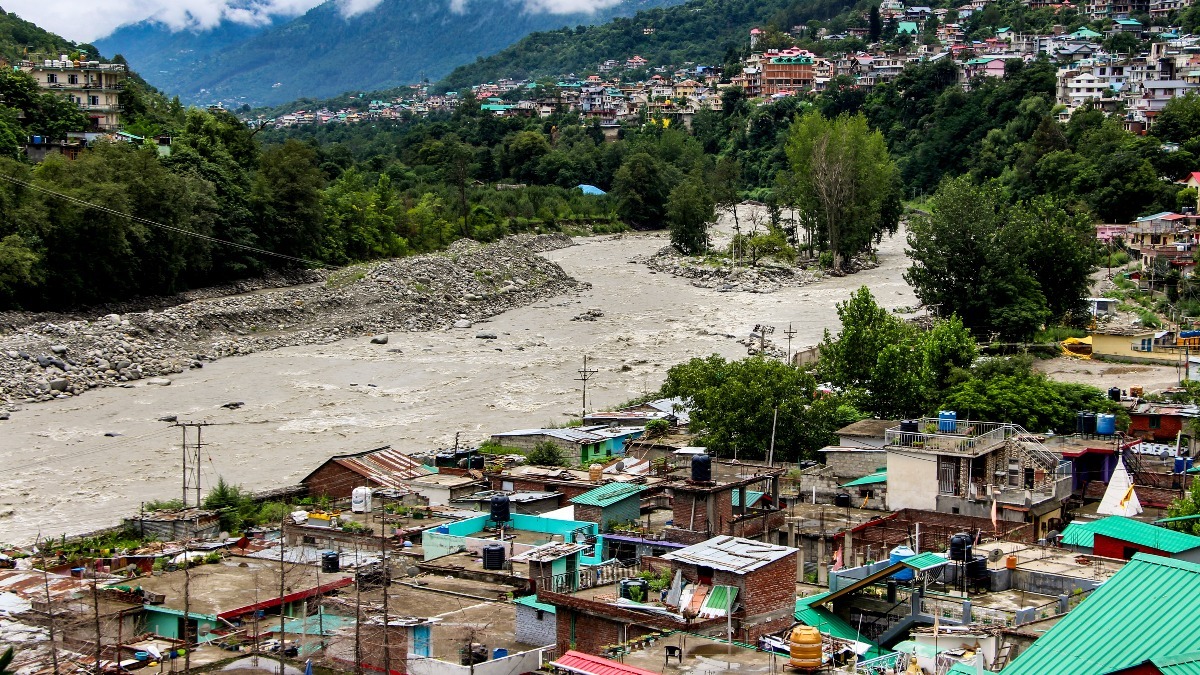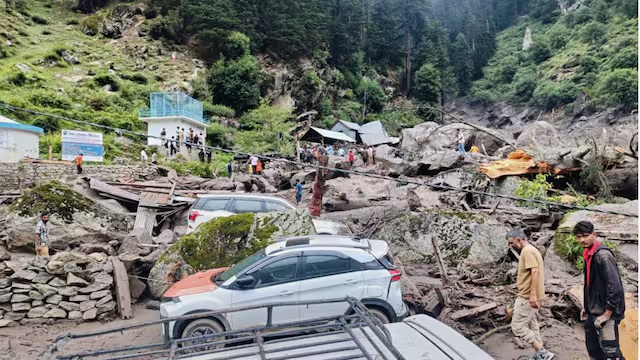
EAM S. Jaishankar Arrives in Beijing Amid Efforts to Stabilize India-China Ties
External Affairs Minister S. Jaishankar is set to arrive in Beijing today, marking his first visit to China in five years. This visit comes at a crucial juncture as both countries attempt to stabilize bilateral ties that have remained tense since the 2020 military standoff along the Line of Actual Control (LAC) in eastern Ladakh. The prolonged border standoff had severely impacted diplomatic and military relations between the two Asian powers.
Jaishankar’s trip is seen as part of a broader diplomatic push by both nations to restore normalcy and rebuild trust. His visit precedes his travel to Tianjin for the Shanghai Cooperation Organization (SCO) foreign ministers’ meeting, but the spotlight remains firmly on his scheduled talks with Chinese Foreign Minister Wang Yi in Beijing.
During their meeting, the two leaders are expected to discuss a wide array of pressing bilateral and regional issues. Key topics include the resumption of direct flights between India and China, a step seen as crucial to rebuilding people-to-people contacts disrupted during the COVID-19 pandemic. Another major agenda item is the potential for increased cooperation in the rare earth sector, as India looks to diversify its critical mineral supplies.
The talks may also touch on more sensitive issues such as the succession of the Dalai Lama — a topic that has long been a point of friction between New Delhi and Beijing — as well as recent India-Pakistan tensions, which China monitors closely given its deep ties with Islamabad.
Over the past several months, India and China have made tentative progress in rebuilding their relationship. October of last year saw the disengagement of troops from the last two remaining face-off points along the LAC, signaling a willingness from both sides to move forward. Several rounds of military and diplomatic talks have been held since then to maintain peace along the border.
Jaishankar’s visit is expected to further those efforts and lay the groundwork for sustained dialogue. Both nations recognize the importance of a stable relationship, not just for regional security but also for the larger goal of economic cooperation in a shifting global landscape.













